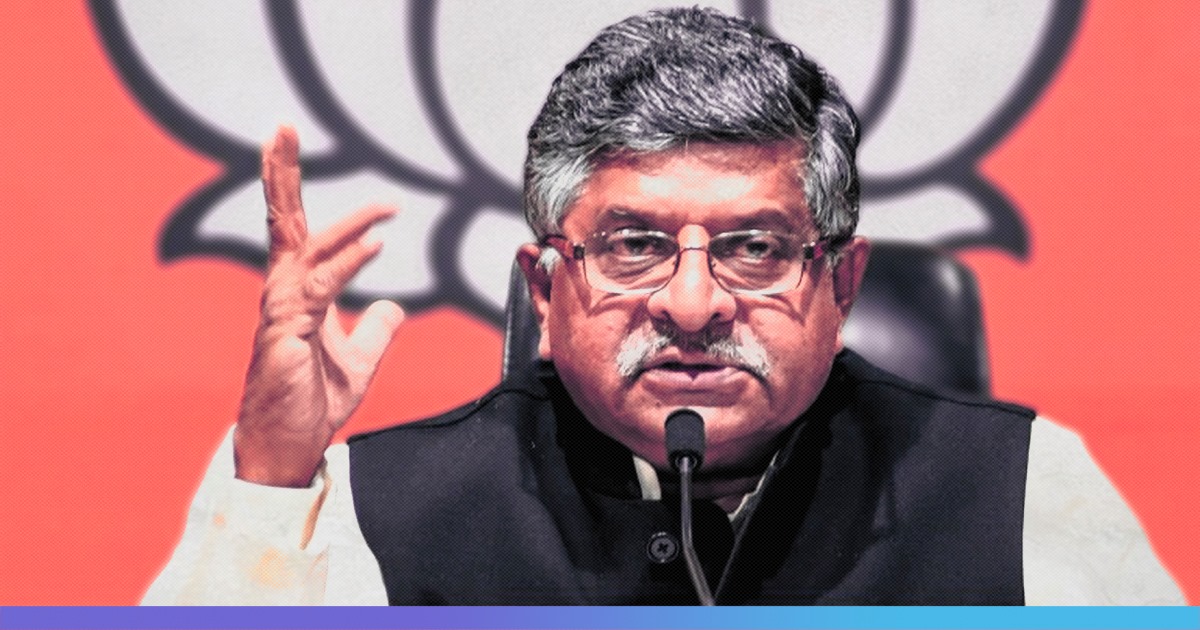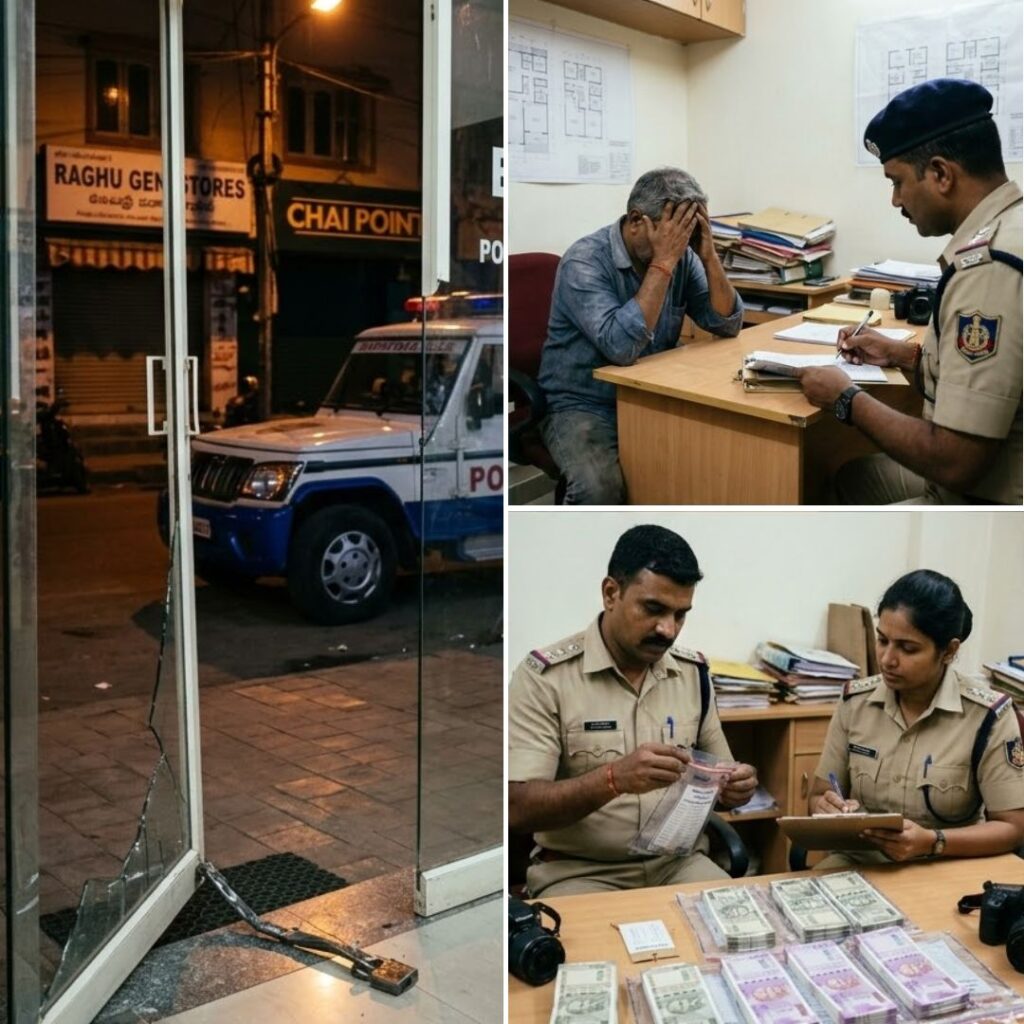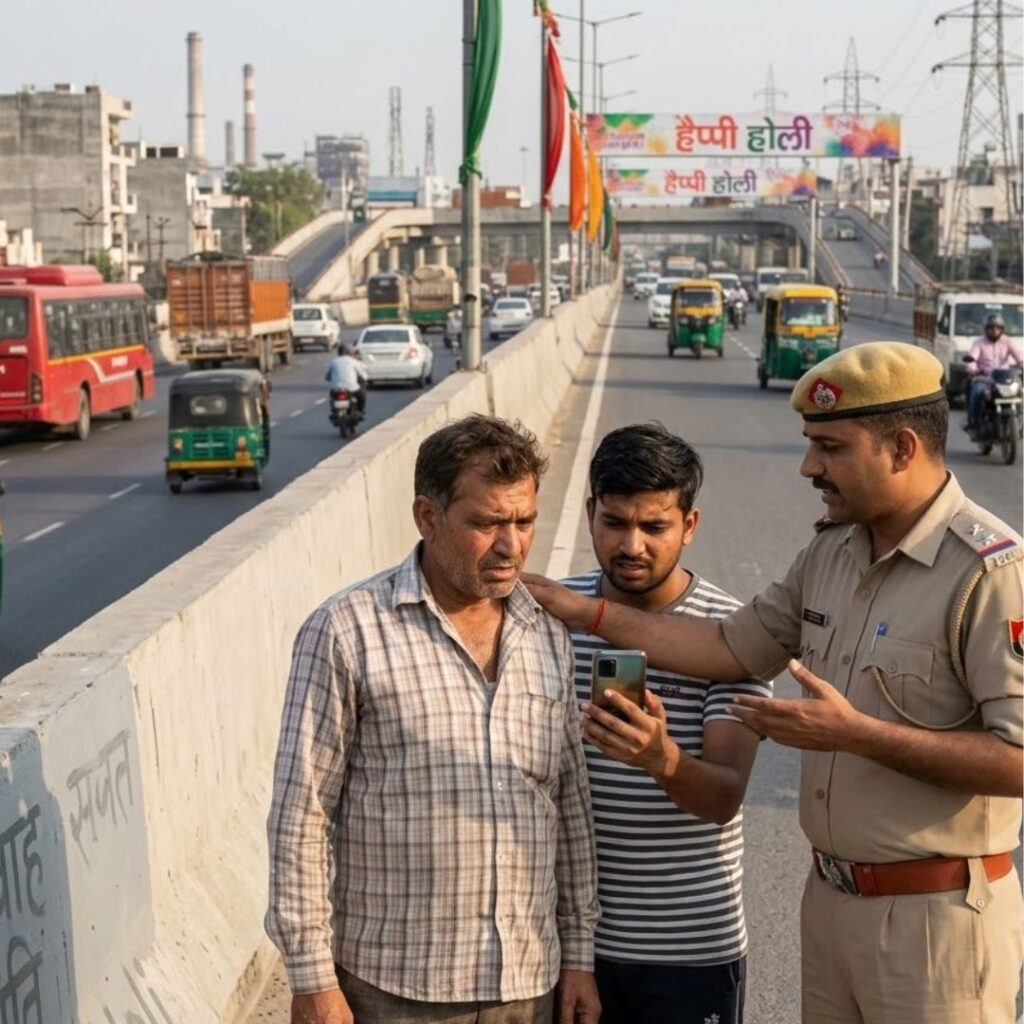Union Minister for Communications, Electronics, and Information Technology, Ravi Shankar Prasad, has said that “some” data collected for the National Population Register (NPR) “may or may not be used” for the implementation of a nationwide National Register of Citizens (NRC).
In an interview with The Indian Express, Prasad said, “The entire legal process will be followed. Some may be used, or some may not be used. But let me answer the larger question. Any citizen can vote, but to vote you have to be on voters’ list. So even if you are a citizen, and are not on voters’ list — a citizen cannot vote. This voters’ list is reviewed. Similarly, in the Passport Act or the PAN, a whole range of data is being taken… So this thing that (only) NPR is collecting parents’ data, I fail to understand.”
This statement is in direct contradiction to Union Home Minister Amit Shah’s statement in an interview with news agency ANI. Shah had said that there was no link between the NPR exercise and the NRC and that the “process of NPR cannot be used for NRC”. He went on to add that NPR is a database for policy while NRC is the process where people are asked to prove citizenship.
Home Minister Amit Shah to ANI: There is no link between National Register of Citizens (NRC) and National Population Register (NPR), I am clearly stating this today pic.twitter.com/zK32RIFyLh
— ANI (@ANI) December 24, 2019
Prasad further reassured that a proper legal course will be followed, including consultation with the state governments, before NRC is implemented across the country.
All India Majlis-e-Ittehadul Muslimeen (AIMIM) chief Asaduddin Owaisi, reacting to the Law Minister’s statement took to Twitter and asked, “Do you know what you are talking about?”
What is the Law Minister so misinformed about the legal process itself? The Rules 3 & 4 that he quotes set the put process of NRC-NPR
NPR isn’t required for development schemes. @rsprasad please tell us, do you know what you are talking about? https://t.co/ig9b0wH493
— Asaduddin Owaisi (@asadowaisi) December 29, 2019
Speaking about the concerns raised by the Opposition, Congress, on the new citizenship law, NPR and NRC, Prasad said, there should be no ground for concern as the Prime Minister and the Home Minister have clarified on the issue.
In a separate interview to Hindustan Times, Shah said, “CAA, NPR and NRC are not interconnected. NRC is a separate chapter. CAA does not apply to any Indian, including the Muslims of India. It only and only relates to Hindus, Sikhs, Parsis, Jains, Buddhists, and Christians who are victimised for their faith in Afghanistan, Bangladesh, and Pakistan.”
In answer to the allegations that NPR is the first step to NRC, he replied, “Our commitment is there to NRC. But the government is very clear about it…whenever it is done, it shall be in accordance with the legal requirements of the Citizenship Act and the rules therein. Also, it will be done after consulting the states. As of now, nothing has been done, not even the preliminary exercise to notify the date.”
While listing the benefits of NPR, he said that NPR will help the government, to ascertain household requirements and formulate welfare measures.
On the Citizenship Amendment Act (CAA), Prasad was of the opinion that the law is not applicable to any Indian. “CAA is not applicable to any Indian. No Indian can become a citizen or denied citizenship because of CAA,” he said.
Also read: ‘Won’t Tolerate Universities Engaging In Political Activities’: Union HRD Minister Ramesh Pokhriyal












